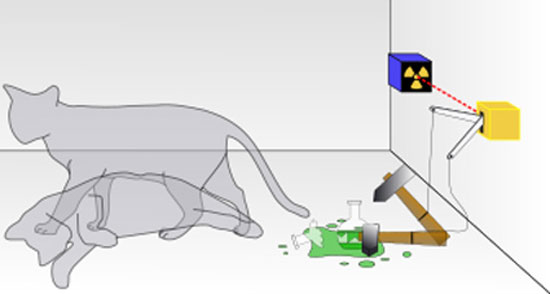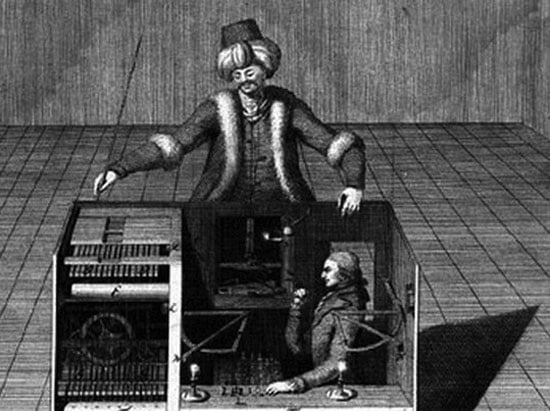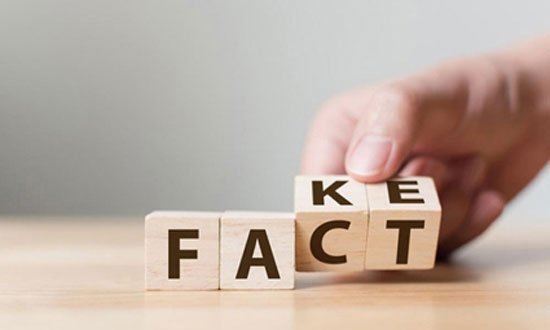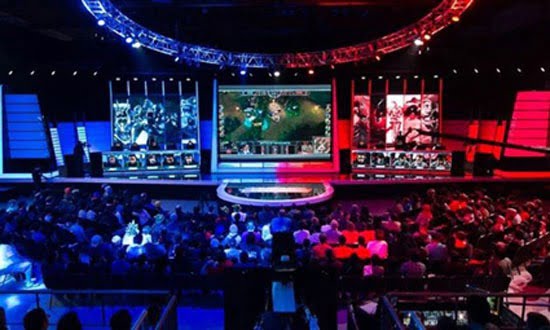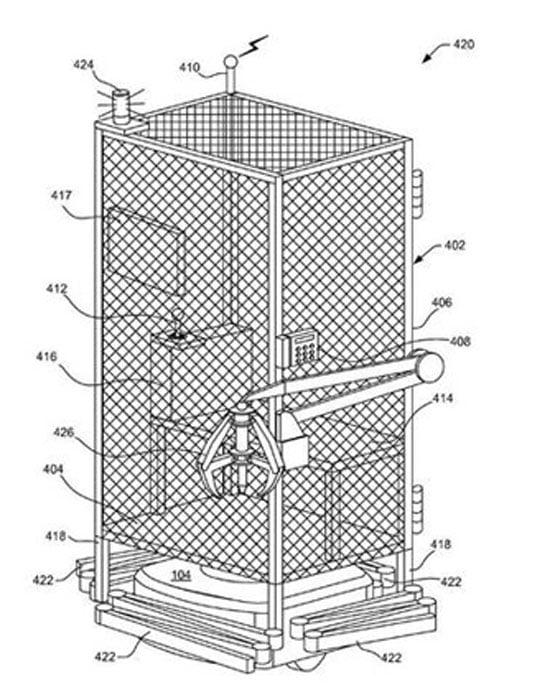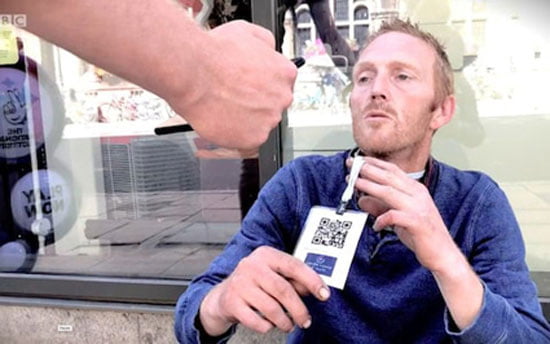(Question): How concerned are you that Western democracies will slide toward a Chinese-style society of total surveillance, in the name of national security and meritocracy?
(Answer): I am very concerned. Tencent employees do not differ morally from Facebook employees. They simply live in a society with different institutions, where there are no human rights. And I think that (in the West) regulatory authorities are not keeping up with developments. Facebook has started reaching out to banks to gain access to users' financial data and has begun creating its own version of a credit rating index. Likewise, it is developing reliability indicators, and posts by users with low scores are not widely disseminated.
...
(Question): Have the disruptive technologies of our time (smartphones, social media platforms) undermined authoritarian regimes more, or have they helped them?
(Answer): I would say there was a turning point in 2015. Until then, new media mainly hit dictators hard - they shattered the monopoly on information and prevented governments from having full control over the news.
The main factor that has started to change the situation is artificial intelligence and big data. As Yuval Noah Harari writes in the latest issue of The Atlantic, AI is beginning to make dictatorships more effective than democracies.
The typical example is the Chinese regime: at first, they feared the internet. Now, they realize that technology is their ally, as it has allowed them to build an Orwellian system for monitoring their citizens.
These were the words of Alex Gladstein (who is introduced as the strategy director of the American NGO Human Rights Foundation and also as a lecturer at the partly virtual Singularity University) in an interview with the mainstream newspaper Kathimerini, on the occasion of the first conference in Greece on the Singularity (Athens, November 19-20). The "Singularity" is a rather murky idea of the new bio-informational capitalist model, which, although not yet widespread "among the masses," is enough to attract various people - from futurologists to entrepreneurs - to exchange views on the development (and uses) of "exponential technologies": artificial intelligence, blockchain, biotechnologies, robotics, etc.
How someone who appears to be a champion of "human rights" in the context of the Fourth Industrial Revolution can simultaneously embrace the idea of the Singularity is one of the many contradictions of a certain transitional (and unhealthy) period. However, the issue of universal control over societies is very real. Extremely real. And in this regard, the Chinese state/capital is indeed a few steps ahead; however, Western states/capitals are steadily and eagerly following.
The advantage that the Chinese case has proven to have is that in a state-controlled "economy," all the various platforms offering "social services" (from social networks to banking and from private consumption payments to various micro-applications) were created to be components of a single, unified super-platform. This allows the system to collect and/or combine data from all the others. In this way, the Chinese state legally has the ability to access on demand the rich and complex digital profile of each of its citizens individually.
In contrast, in the Western world, the corresponding platforms were created and evolved separately, as distinct private companies. This means that while the largest of them can collect vast amounts of data from their users/clients, the unification of this data (and thus the creation of a complete digital profile for each individual) can only happen "covertly." For now. And this is already happening, either through the hard core of the states (secret services) or through data trading between companies.
This situation has caused a hidden (?) admiration/envy among Western leaders toward the Chinese model. It is a political problem that they will have to confront. How can they do it? Either directly through an openly dictatorial tactic or through a "fear/charm" tactic, so that at least an initial "critical mass" of citizens willingly consents to the unification of all their data, thus creating a new "democratic" legitimacy for universal control.
Although it is currently impossible to seriously assess which of the two scenarios will occur, we know there are basic prerequisites for both. From the "I have nothing to hide" mentality of mass, voluntary digital self-exposure, to the allure even of the most banal "digital services," and from the general intellectual and moral cynicism to its specific digital manifestations: a digitally mediated relationship of discipline–reward already has many things going for it.
In fact, this is exactly how the Chinese state operates as well.
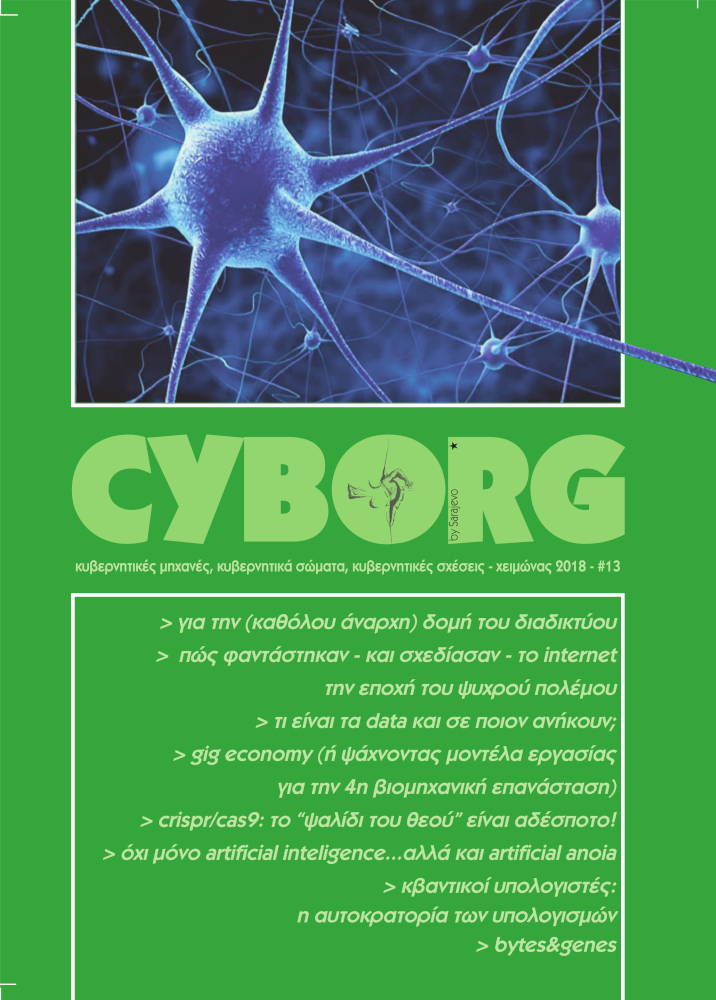

for the (completely anarchic) structure of the internet
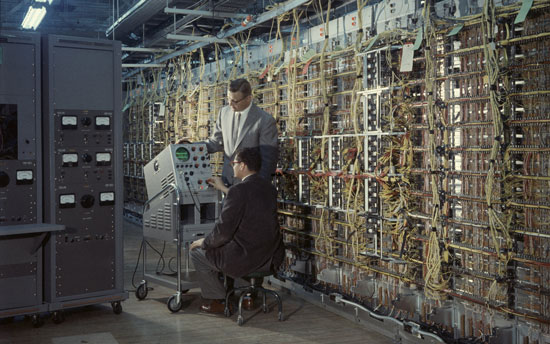
how they imagined – and designed – the internet during the cold war era
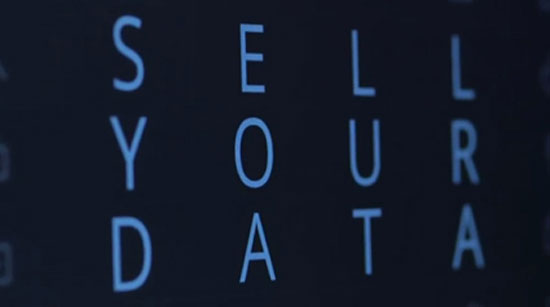
what are data and who do they belong to;
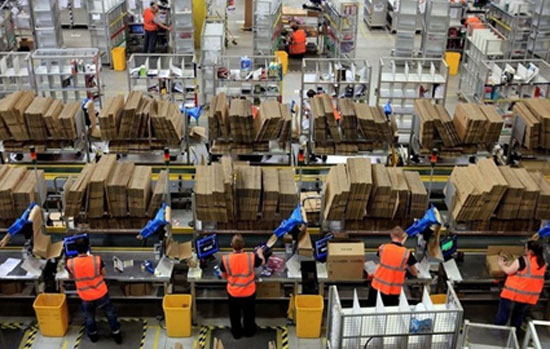
gig economy
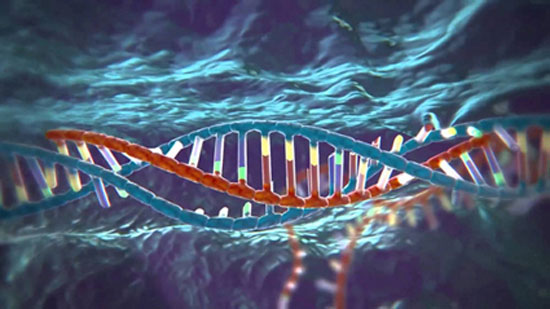
crispr/cas9: the “scissors of god” are unleashed!

not only artificial intelligence… but also artificial anoia
